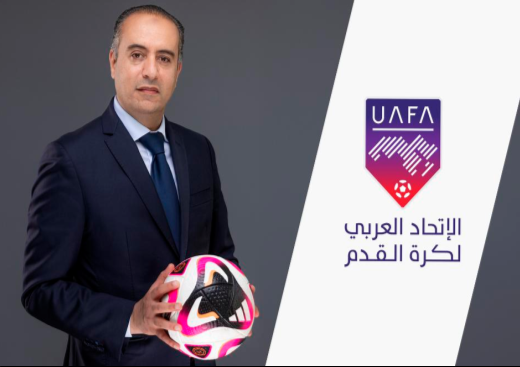Physical Address
Indirizzo: Via Mario Greco 60, Buttigliera Alta, 10090, Torino, Italy
Physical Address
Indirizzo: Via Mario Greco 60, Buttigliera Alta, 10090, Torino, Italy


After almost a decade of absence, Algeria signs a strategic return to the Executive Bureau of the Arab Football Associations (UAFA) Union, a key body in the governance of football in the Arab world.
This return was acted by the official designation of Walid Sadi, president of the Algerian Football Federation (FAF) and member of the Executive Committee of the African Football Confederation (CAF), the candidacy of which was validated by the governing bodies of the UAFA at their last statutory meeting.
This appointment constitutes an important milestone for Algerian football, which thus finds a place in regional decision -making spheres after a long period of diplomatic erasure. It is an expected and highly symbolic return, the last Algerian representative to have sat in this office being Mohamed Raouraoua, who held the post of vice-president there and played a major role in the strategic orientation of the Union.
The integration of Walid Sadi into the Executive Office is part of a dynamic of repositioning Algeria on the regional and international football chessboard. It also alignments with the ambitions displayed by the Algerian sports authorities, in particular in terms of sports diplomacy, interarab cooperation, and organization of major events. Indeed, Algeria has multiplied the applications in recent years to host continental and regional competitions, strengthening its visibility on the football scene.
The new composition of the Uafa executive office also reflects a certain geopolitical and continental balance, with a reinforced representativeness of African countries. Algeria thus joins Egypt, Mauritania and Morocco, forming an African block which could now weigh more in the strategic decisions of the organization. This configuration opens the way to better taking into account the specificities and needs of Arab football in Africa, in particular in terms of infrastructure development, training of technical executives, and support for young talents.
For Walid Sadi, who now combines the functions of president of the FAF, member of the CAF Executive Committee, and representative of Algeria at UAFA, this appointment represents recognition of its commitment and its growing influence in regional football circles. It is also part of a context where Algeria seeks to reaffirm its sports leadership, by focusing on an active presence in the various continental and international institutions. Beyond the symbolism, this return of Algeria within the UAFA Executive Office could open the way to many opportunities: organization of UAFA competitions on Algerian soil, strengthening of bilateral partnerships with other member federations, technical and logistical exchanges, but also advocacy for greater inclusion of African interests in the Union programs and projects.
In short, this reintegration is much more than a simple institutional return. It marks the start of a new era for Algerian football, based on influence, sports diplomacy
H. Hichem